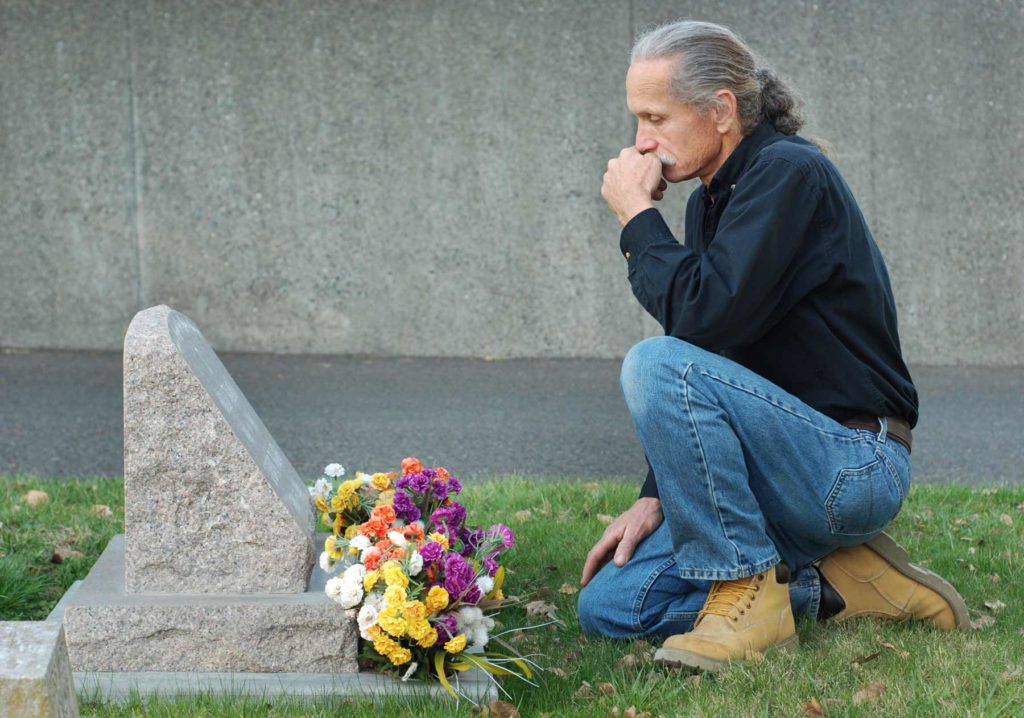Holistic Health
If you are grieving the recent loss of a loved one, you may or may not have questions about how and why they passed away. After all, they seemed healthy one minute following all the holistic health protocols, and the next they were gone. Perhaps you’re fully informed about the nature of their death and perhaps the circumstances that led to your loss remain somewhat shrouded in mystery. In either event, you may have grounds upon which to file legal action against one or more parties if your loved one’s death can be accurately characterized as “wrongful” under the law.
When Is a Death Legally Actionable?
As an experienced wrongful death lawyer – including those who practice at Ward & Ward Law Firm – can explain in greater detail, there are specific standards that need to be met in order for an individual’s death to be legally actionable in civil court. The broadest “rule of thumb” that allows surviving loved ones to start assessing their situation is that a death is generally actionable if the victim would have been in a position to file a personal injury lawsuit, had they survived their injuries.
This clarification likely means very little unless you’re familiar with the ins and outs of personal injury law. To dig a little deeper, it helps to define when non-fatal injuries provide grounds upon which a victim can file a potentially successful personal injury lawsuit.
When Are Non-Fatal Injuries Legally Actionable?
Generally speaking, non-fatal injuries give rise to a viable legal claim if the victim was harmed in a scenario that meets all of the following criteria:
· The named defendant owed the victim a duty of care under the law
· The named defendant breached that duty by engaging in reckless, negligent, or intentionally dangerous conduct
· The victim’s harm resulted directly from the defendant’s breach
In English? This basically means that if someone’s injuries were directly caused by an individual or an entity (business, government agency, etc.) that was negligent, reckless, or intentionally dangerous in their approach toward the victim, the victim can likely hold the responsible party accountable in civil court.
Therefore, if your loved one was killed due to circumstances caused by another party’s negligence, recklessness, or intentional wrongdoing, your family likely has grounds upon which to file a wrongful death lawsuit.
What if There Is a Criminal Case Already in Process?
In the United States, the criminal justice system and the civil justice system are distinct. Meaning, it does not matter if criminal charges have – or have not – been levied against someone whose conduct led to your loved one’s death. In fact, it is often far easier to secure a victory in civil court than it is in criminal court because the standard of proof that applies to civil actions is easier to meet.
Perhaps the most famous modern example of how this duality plays out in practice are the cases filed against O.J. Simpson for the death of his ex-wife and her friend. He was acquitted in criminal court but the families of the victims secured multi-million-dollar victories for their losses in civil court. In short, if you have grounds upon which to file civil action, those grounds won’t be compromised by anything that may be happening related to your case in the criminal justice system.


